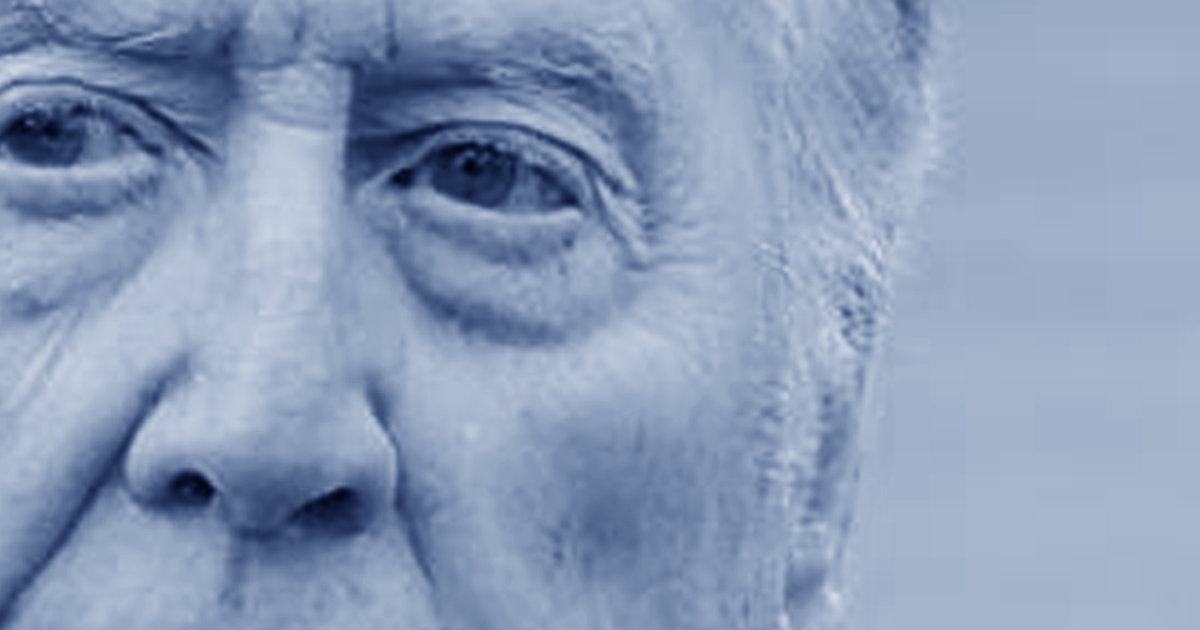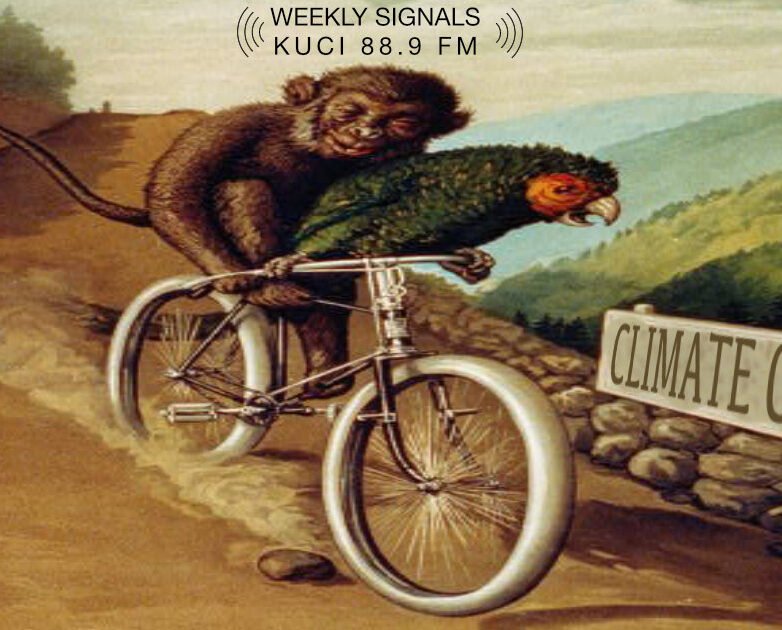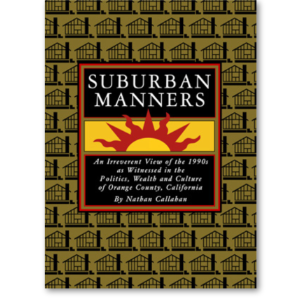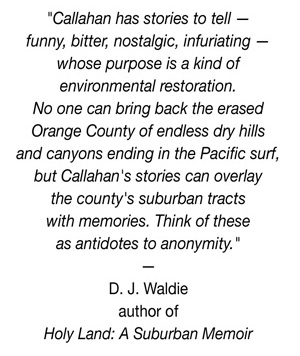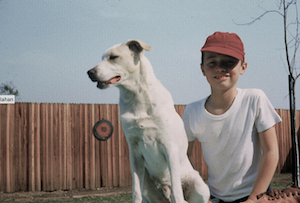It’s not nice to speak ill of the dead.
But, he’s dead.
So let’s get on with it.
Everyone loves Vin Scully, especially now. After he died Tuesday, August 2, 2022 at the age of 94, corporate and social media have tripped over themselves posting ever more glowing tributes. “The Dodgers lost their voice when Vin Scully died,” said Los Angeles Times. “Angelenos lost a family member.” “Baseball’s merry poet laureate,” said the Guardian. “Everyone’s old close friend,” said an aging rock star.
And yes, I went to sleep listening to Scully on my transistor radio calling games from under my pillow. And yes, the man had a great tenor, impeccable timing, and an innate sensibility for the game. And yes, baseball is a glorious pastoral experience, an escape from the everyday, and Vin Scully, the pre-eminent play-by-play announcer for the Los Angeles Dodgers, is its eternal comforting voice.
We knew that already.
In his last season, after 67 years behind the mic, he was bathed in universal praise. A street was named after him, a day was named for him, and a Dodger Stadium Scully monument was in the works. Life was complete for the Golly geewhiz Reagan-loving Hall of Fame broadcaster, except for one thing: Scully forgot how to use his voice.
“… if I have a trademark,” Scully said in 2014, “it would be to call the play as quickly and as accurately as I possibly can, and then shut up — and listen to the roar of the crowd.”
For the last three seasons of Scully’s tenure, 80% of that crowd in Los Angeles, his team’s hometown, was blacked-out from televised Dodger broadcasts. Why? Because Time/Warner TV offered a sinful amount of money for Dodger Broadcasting rights and the Dodger organization grabbed it. The crowd — including everyone who subscribed to cable and had enough disposable income to purchase exorbitantly high upgrades — was on the hook to either reimburse that blood money or be blacked-out from the privilege of watching the boys in blue ‘Play Ball!’.
After a life in baseball, the remarkable broadcasting crooner got his bust, his street, his day, and an incredible send-off. But let’s not forget who he was.
During those seasons, Scully could have spoken up for the crowd he claimed he listened to. He could have suggested that Time/Warner lift the black-out. He was the most respected member of the Dodger organization. Firing or disciplining him would have been unthinkable.
But let’s be realistic. Scully was nowhere near being a rebel. He was a company man whose employer believes that sports spectators are simply consumers and play-by-play announcers are representatives of corporate entertainment. As a man of priorities, bred to love capitalism and its flag-waving wars against a perceived Red Enemy, Scully ranked playing it safe — protecting his job and his paycheck — first. No matter how he patronized his listeners, “the crowd” was considerably farther down the list.
How far down that list of priorities the “crowd” factored-in was made excruciatingly apparent in Scully’s June 3, 2016 in-game announcement of the death of Mohammed Ali. With an opportunity to honor a history-making, much-loved crowd-favorite, Scully went sideways. “We understand that right now Mohammed Ali, the former Cassius Clay, has passed away,” Scully said, making sure to include Ali’s slave name. The Voice of the Dodgers continued in an uncharacteristically jumbled sentence. “Ali,” he said, “had so much of a reaction from his fans and the impression he had on so many people.” It was an odd time for Scully to lose his eloquence. “The voice” wouldn’t say what kind of reaction or impression Ali, one of the most beloved figures in modern history, elicited.
This type of aphasia is common among stroke survivors, but that doesn’t explain why The Voice was tongue tied. Maybe it was because Ali was a civil rights and anti-war activist and Scully was not. Along with the Dodger organization, Scully honored a different war veteran every game; of course, nothing was ever mentioned about corporate influence on the wars that the vet’s fought in.
A few weeks later, in the middle of a game, Scully decided to let the crowd know what he thought about socialism. That’s right. Not the play, not the count, not the at-bat, but socialism. With Milwaukee third baseman and Venezuela native Hernan Perez at bat, Scully said with no context, “Socialism failing to work as it always does, this time in Venezuela. You talk about giving everybody something free, and all of a sudden there’s no food to eat. And who do you think is the richest person in Venezuela? The daughter of Hugo Chavez. Hello.”
Never mind that there are the dozens of socialist governments that work fine, if not better than their capitalist counterparts — Denmark, Finland, Netherlands, Canada, Sweden. Facts are stupid things. By the end of his last season you half expected Scully to lecture his crowd on the horrors of FDR, Medicare, fire departments, public libraries, and Bernie Sanders.
Even after his retirement, Scully couldn’t keep his mouth shut. In November of 2017, at “An Evening with Vin Scully” at the Pasadena Civic Auditorium, he let the audience know he would never watch another NFL game. Apparently, American professional football players protesting police brutality by taking a knee during the national anthem was way too much for Scully to bear. “I have overwhelming respect and admiration for anyone who puts on a uniform and goes to war,” Scully said. “So the only thing I can do in my little way is not to preach. I will never watch another NFL game.”
Don’t get me wrong. I loved Vin Scully as an announcer, and as a storyteller, but his politics were fucked up. That’s not to say he didn’t deserve a happy Morning in America retirement. He was a dreamer and his dream came true. After a life in baseball, the remarkable broadcasting crooner got his bust, his street, his day, and an incredible send-off. But let’s not forget who he was. For the sake of baseball fans everywhere, Scully should have taken his own advice and learned when to shut up. Sometimes it’s best to listen to the roar of the crowd. It gives you a chance to hear what they’re saying.
